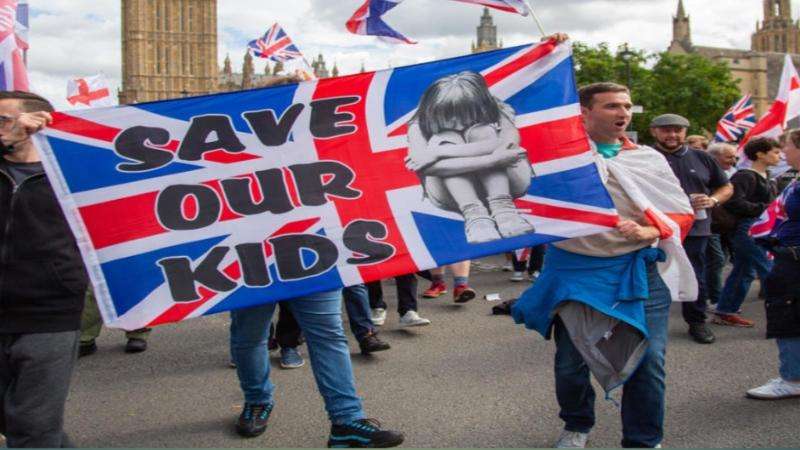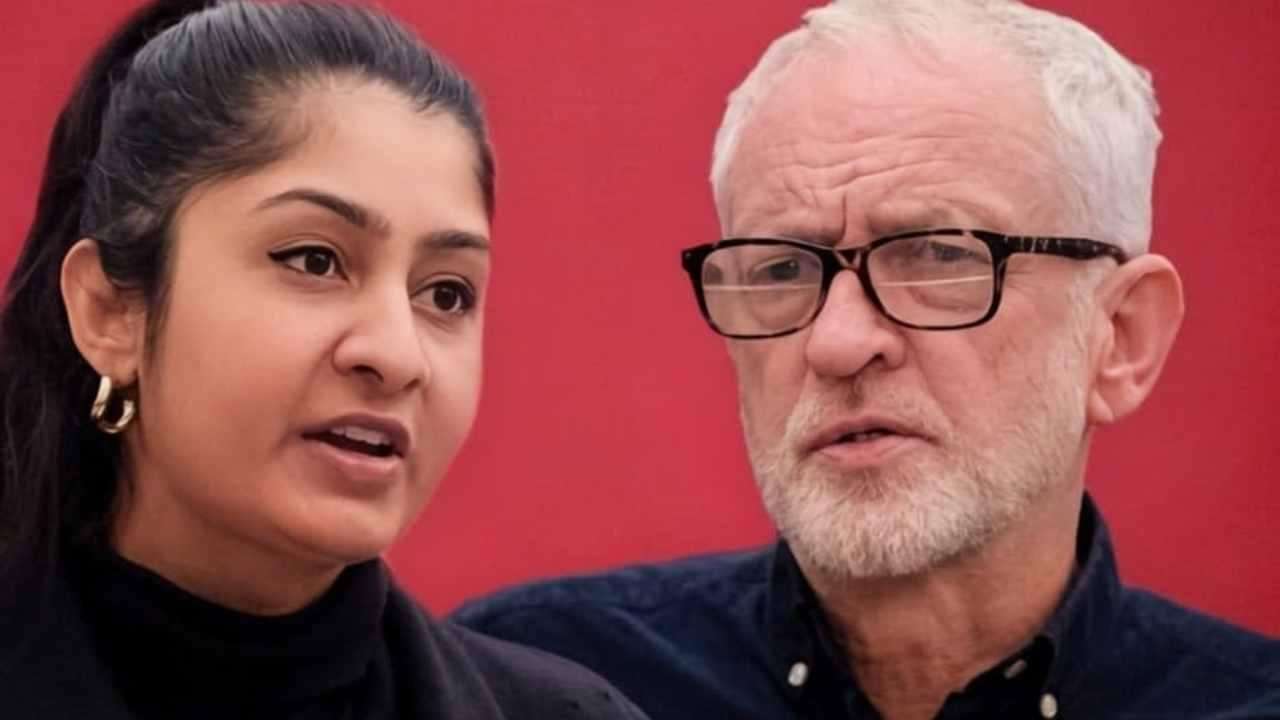Labour’s dominance in its East London strongholds is facing unprecedented challenges as voters turn to independent candidates, driven by dissatisfaction with the party’s stance on international issues. The latest blow came in the Newham Council Plaistow South by-election, where Md Nazrul Islam, a candidate for the Newham Independent Party, secured a decisive victory over Labour, continuing a recent trend of independent wins in the region.
Md Nazrul Islam won the Plaistow South seat on Thursday, clinching 913 votes, more than double the 436 votes received by Labour candidate Asheem Singh. The by-election, triggered by the death of veteran Labour councillor Neil Wilson, has been hailed as a significant indicator of changing voter sentiment in a traditionally safe Labour seat.
A key factor in this victory is believed to be Md Nazrul Islam's appeal to Newham's large British-Bangladeshi community. Islam, who is of Bangladeshi origin, heavily campaigned on a pro-Palestine platform, a cause that has resonated deeply with many voters in the borough. The Newham Independent Party has been successful in capitalising on widespread anger and disillusionment within communities over the Labour Party's perceived lack of a strong and clear position on the conflict in Gaza.
The trend of independent victories in East London is becoming a notable feature of the political landscape. Recent by-elections in other boroughs, including Tower Hamlets and Waltham Forest, have also seen independent candidates, often with a similar focus on issues like the conflict in Gaza and local community-specific concerns, ousting Labour incumbents or winning seats with significant majorities. This growing support for independent candidates signals a potential shift away from traditional party allegiances, particularly among British-Bangladeshi, British-Pakistani and other Muslim communities in London who have historically been core Labour voters.
This emerging pattern raises serious questions about the future of local governance in London's East End. While Labour remains the largest party in the city, the consistent chipping away of its council seats suggests that the party can no longer take its support for granted. The victories by independents, who often build their campaigns on grassroots efforts and single-issue platforms, could be a precursor to the 2026 London local government elections. If this trend continues, Labour could see a substantial reduction in its majority in boroughs like Newham, Redbridge, Tower Hamlets, and Barking and Dagenham, potentially leading to hung councils or a power-sharing landscape that has not been seen in these areas for decades.
The successes of candidates like Md Nazrul Islam are not just a protest vote; they represent a growing political force that is organised and directly addressing the concerns of specific communities. They indicate that voters are no longer willing to rely solely on the major parties to represent their interests, particularly on foreign policy matters that have a profound impact on their daily lives and sense of identity. This new political dynamic poses a significant challenge for Labour leader Sir Keir Starmer and his party as they seek to rebuild trust and re-engage with a crucial part of their voter base.








.svg)


